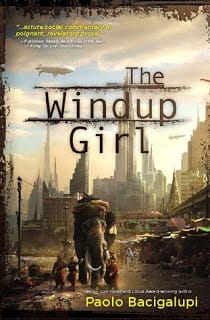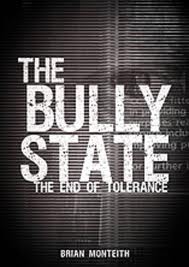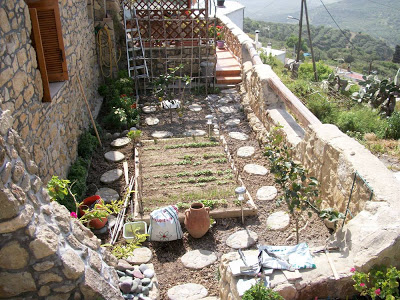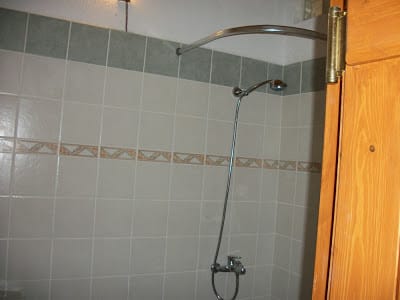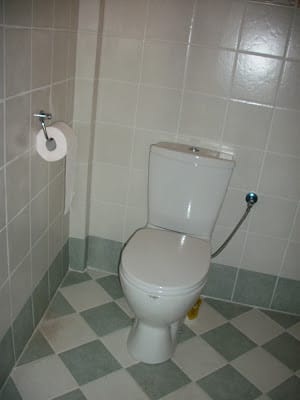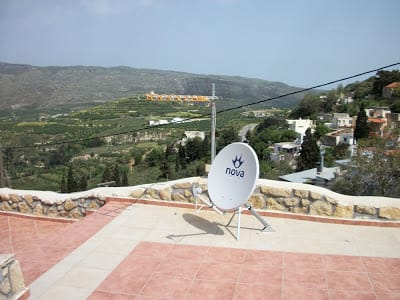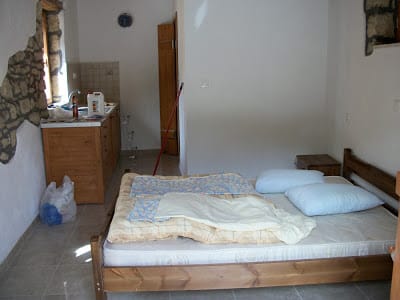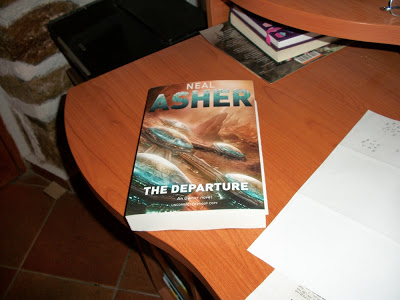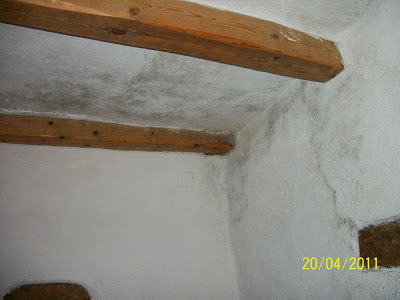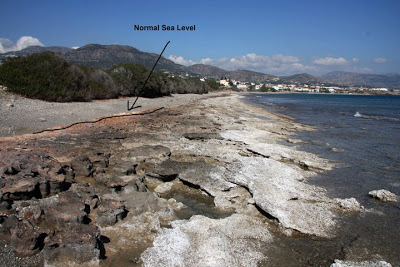Saturday April 2nd
We came back to damp patches scattered about the walls of our bedroom with one obvious leak that had spilled muddy water on the floor, water marks on the walls of the spare room from a leak where the step between roof slabs has been shifting and washes of black mildew in there, and general patches of mould scattered everywhere. This was all a bit depressing when thoroughly knackered after the flight from England, especially on top of being told that the constant fault in our car had got worse. However, just a bit of cleaning up followed by a few glasses of wine and then some raki gave us a sunnier outlook and, after firing up the stove, dehumidifier, electric fire and an electric blanket, the damp began to disperse,
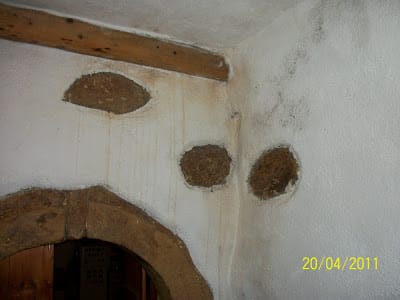
The next day we set to work properly even being able to venture out into the garden and everything improved. Still some problems: we can’t get into the ruin or the apotheche (small outbuilding that serves as a garden shed) because the doors have swollen with the damp and are all jammed shut; I’ve had to strip paint from one wall of the kitchen since the sealer I used last year didn’t work; the stove pipes need cleaning out but to do that I need my big stepladder, which is in the ruin…
On day three, having used up the supplies some friends left in our fridge, we drove down to Makrigialos and Koutsouras for some more. The car was no problem at all, we stocked up, paused on the sunny sea front for a while to view the new stretch of beach recently revealed by a drop in the sea level here of about two feet (super moon?), then stopped in the new ‘pub’ for a beer (the landscape of bars here changes every year) before coming home.
Martin and Vicky, the two who had been looking after our house, popped round whilst we were working in the garden. Since he had been pulling up weeds in the garden we thankfully had not come back to a chest-high jungle. He had a thick bandage on his hand from which protruded only three fingers. Apparently he’d cut one off with a saw. Horrified, I asked him if they’d managed to re-attach it whereupon he opened a little box to show me the finger. I now felt slightly ill, until he waved the finger about in the box. Bastard. It’s only today that I made the connection: it was April 1st.
We learnt from this couple that even their house, which in previous winters had been dry, was also full of damp. It has been the wettest winter here they’ve have for quite a few years – three years worth of rainfall coming down in the first few months, along with a couple of heavy falls of snow. So, a cold, wet winter, plus exceptionally low sea-level … I guess Crete won’t be getting a mention in the next IPCC report. It’s just not behaving to plan.
In the afternoon we met the above couple along with a two more couples at a kafenion in a mountain village called Handras. It was notable that whilst Caroline and I were in jeans and T-shirts these permanent ex-pats were clad in two or three layers. I was boiling. Whilst we sat in the sunshine sipping cold beers the earth shrugged, grumbled then continued shaking. Some people ran out into the street – one Greek woman all hysterical and crossing herself and doubtless praying to the god who chucks tsunamis about. We remained seated, since we weren’t anywhere anything was going to fall on us, and watched the street lamps whipping about like reeds and nearby trees thrashing. I’ve experienced quakes here before but never seen that. The super moon, two years of a quiet sun – go ask Piers Corbyn.
I woke to a crack of thunder this morning, followed by heavy rain. I think it’ll be while before I can open those bloody doors in the ruin and apotheche…
Monday April 4th
We’ve had two days of heavy rain, complemented by wind on the second day. On the first day I made the mistake of letting the stove go out, struggled to light it, struggled to find dry wood to burn and since then I haven’t let it go out. We’ve had the dehumidifier running continuously too, and for every cup of tea or coffee and for a large pan of stew we’ve used the water out of it. We’ve also found a patch of water in the bedroom that keeps reappearing after being mopped up. It could be that if I pulled up a tile or two we’d have our very own bedroom spring.
However, on the rainy Saturday with no Internet available I sat down at this laptop and simply wrote. Julie Crisp had asked for a short story for a giveaway ebook anthology from all the Tor writers. I have various ones that have been published before but suggested a new Owner story would be best. After writing the April 2nd entry above, I sat down and wrote that, finishing the first draft and polishing off over 4,000 words in total.
Oh, and we had another visitor yesterday who confirmed that this last winter has been the wettest they’ve had here for as long as anyone can remember. This is probably very true, but over the last twenty years I’ve become very aware of how very short people’s memories are of the weather and how limited is our knowledge of it.
If it is hot, dry, cold, wet, frozen, it always seems to be ‘unusual’ and ‘something must be happening’. Yes, something is happening and it’s called weather: the state of perpetual change that is Earth’s climate – ‘climate change’ if you like, though in essence that’s tautology. I was going to add that the words are similar to rain fall, since when does rain do anything but fall? However, having spent many childhood holidays in Scotland, I’m well aware of phenomena like horizontal rain along with the kind that shoots up your trouser legs from the ground.
Tuesday April 5th
It was another cold and windy day yesterday, the temperature failing to climb above 12 centigrade, and now mould is starting to appear on the bedroom ceiling. However it wasn’t so rainy and I did manage to plant some seed for radishes, rocket, lettuce and onions along with some small onion sets provided by Martin. He also turned up with the head of a hoe he’d made, something which, oddly enough, I’ve been unable to buy here. It’s also worth noting that our small lemon tree and orange tree, having been protected over the winter with nylon netting, have produced. I haven’t taken the netting off yet but peering inside I see at least three oranges and ten to fifteen lemons.
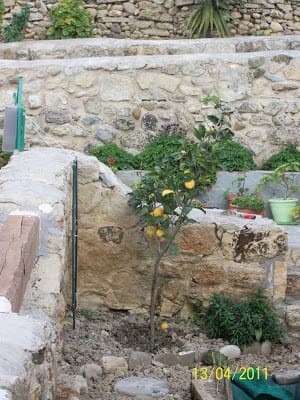
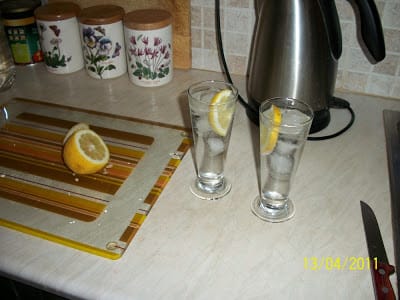
I sat down and concentrated on getting back into Jupiter War, completing 2,000 words and taking it above 10,000 words – about a chapter and a half. There’s a fair bit in the story about cerebral technology but, really, if you’re writing about a high-tech future that’s something the implications of which you cannot avoid … unless you set said story in some low-tech backwater – a technique I and many others have used.
Other financial and political implications of technology have to be looked at too, because the questions the Luddites were asking haven’t gone away. In simple terms: if the machines are producing the products that people buy, how do the people earn the money to buy the products? And this question becomes more critical when you factor in a growing population. I’ve read arguments about technological growth leading to an increasing range of jobs, but most of those will be skilled so what do you do with the dumb fuckers? Much as I hate to admit it, the socialist idea of state control of industry and state redistribution of wealth seems to be the future. If it stopped there, and it was fair i.e. if it wasn’t run by humans and Banks’ Culture AIs were on the job, then that would be fine. I suspect it won’t be.
This morning, though it is still cold and windy, the sky is a lot clearer and hopefully things will start to dry out again and we’ll be able to get outside to do some weeding. We’ll also be popping down to Makrigialos for some shopping, and also to fill up the car at a cost of over €1.70 a litre (over £1.50). Like governments everywhere the Greek one is trying to tax its way out of trouble – parasites keep sucking blood even while the host is dying.
Thursday 7th April
First thing yesterday morning I took down the stove pipes and cleaned them out, since there’s nothing worse than them blocking up on a cold, wet and miserable day and ending up with the fire out and windows open to get the smoke out. As it happened they weren’t too bad, but it’s best to be sure. It was a relatively bright day so I then borrowed some tools from a neighbour (we still can’t get into our apotheche) and spent all day gardening. I’ve turned over all the front garden and we’ve cleared most of the weeds from the side border. After such unaccustomed labour I felt thoroughly knackered, but in a good way.
In the evening we watched the final two episodes of The Shield. What an excellent series this has been: non-stop drama over seven seasons, excellent characters and storylines all the way through. Caroline was a little disappointed with the ending but I think that was more because it was ending rather than the way it went. I thought it just about right considering how invested I was in the characters and how certain story threads had an almost inevitable conclusion. I was also glad of the ending for one particular character who was a shit, but a shit I really liked…
The forecast for today is rainy and cold. Thus far they’ve got that completely right. Time to just stay indoors and write.
Friday April 8th
Well there it is again if ever proof were needed. The weather did stay horrible throughout the day. I can’t get in the ‘ruin’ to do anything, there’s no point painting inside the house until things are drier, we weren’t going out, we have no Internet, so my choices were reading, watching TV (DVD only unless you like Greek soap operas) or writing. I wrote of course because, well, there’s that work ethic thingy I can’t be shot of, and polished off 4,700 words. Other than make a stew and keep the stove running that’s about all I did all day.
At this point I have to add that those attracted to the idea of ‘being a writer’ need to be thoroughly aware that the largest part of a writer’s life is simply writing. Now that seems like the blatantly obvious but needs to be said. Any vocation in life usually has a large clue about the main activity it entails in its title. For example, if you want to be a champion Olympic runner, then you spend an awful lot of time … well, running. The rest of the time you spend in other training, eating the right food, making sure you get enough sleep, maybe shooting up some steroids if you’ve decided to cheat. It’s not all about winning on a track and the adulation of the crowd.
Being a writer means hour upon hour spent in the thoroughly introverted pursuit of making stuff up in your head, sitting before a computer screen and writing that stuff down. Communication with others close to you is usually the occasional grunt. This is why I am perpetually baffled by the idea that writers, once they’ve ‘made it’, are required to give talks, readings and meet and greet their public – activities for which they generally have zero in the way of experience, training or inclination.
Monday April 11th
Excellent, after two days of sunshine I was actually able to fight my way into the ruin, though taking a chunk out of the side of the door on the way in. I then planed some wood off the side of the door too, but not too much – I’ve gone through the rigmarole of cutting down a door then finding it too small with the summer shrinkage. However, the apotheche door is still closed up solid. Plumbing and painting need to be done next, though I’ll get someone else to do that since I’ve got books to write.
I’ve also got plenty of seeds in pots, the main vegetable patch planted and am now considering planting some of the exotic seeds I’ve brought along. Some camellia sinensis seeds are soaking – these are seeds for tea plants – I have coffee, Venus fly trap and pitcher plant seeds too. I don’t know how successful I’ll be with any of these but as always they have two chances.
Wednesday April 20th
How extremely bloody annoying to get a text telling us it is 23C in Essex whilst here it had just struggled up to 14C. We keep telling ourselves that it’ll be different later, that once the sun gets into its stride we’ll be warm as toast. In fact, three days ago I was actually in shorts and optimistically looking forward to the steady rise in temperature. Well, this morning it’s grey, pissing down and the temperature is just up to 8.
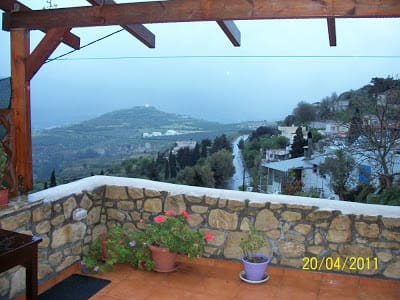
Interesting fun with plumbing we’ve had in the ruin. The toilet cistern leaked because it was such a struggle to tighten it down properly. I’ve had to buy the Greek equivalent of plumber’s mate and hessian to wrap many joints to stop various leaks – PTFE tape doesn’t work so well on threads loose as a prick in a bucket (as my old engineering boss used to say) and which have chattered while being cut. We also discovered that the distributor block for the hot water was short one connection for the hot water in the kitchen. I had to go and buy another block and sort all that out, which was fun since the pipe wasn’t in the right position and trying to bend about three inches of 10mm plastic pipe to fit into a joint is a great way of removing chunks from your knuckles.
Painting in the ruin has now commenced and I’ve had my illusion that this would be the easy part completely dispelled. Prior to applying the paint we put on a coat of ‘astari’ which is a primer and sealer, and that was easy, but painting rough concrete for the first time – especially cutting in at edges – is not easy, and of course the walls will need two coats. I also decided that the best option to protect the wooden ceiling would be clear varnish and started applying that in the bathroom. After about two hours I finished off a half tin of varnish and three quarters of that section of ceiling, and this morning have had to apply biofreeze to my back. I reckon on about six tins of varnish and a couple of days work followed by a wheelchair.
Thursday April 21st
So, on a visit to the nearby village of Lithines to find out about wood from ‘Pedro’ we talked to an English couple and caught up on a load of gossip. So, there seems to be some row between ex-pats in the village of Agios Stephanos because of something someone put on Facebook, and I actually know little more than that (I’ve edited this sentence because the details change depending on who I hear them from). Another couple’s marriage looks rocky because the guy had an affair with the female of a German couple, incidentally putting that marriage on the rocks too. An Austrian guy has gone on the run after ripping people off, owing too much money, telling too many lies and reaching the point where Mafia-type characters were looking for him. He left a woman behind him screwed over and in debt.
There were other stories, but I think you get the gist. This is all little different from the kind of stories we heard last year when we came back, and yet, all the people here behaving like adolescents are my age and upwards. Is it the heat, the excess of alcohol, the boredom I have wondered, but in the end have come to realize that no, this is just people behaving like they always do, everywhere. I can remember similar shit going on when I spent far too much of my time up my local pub and the fact that we don’t encounter it now in England is because, frankly, we’re unsociable sods. It strikes me now, as I get older, how amazing it is that our ‘civilization’ manages to function at all.
This weather is bloody ridiculous. Yesterday we had to put on jackets and jumpers for a trip to Sitia where we trudged about in the pouring rain whilst the streets ran like streams, Papagianades was turned into a water feature last night and at 9.15 this morning the temperature is 8.7C and windy, with a forecast temperature of 14C, though probably not where we are at 700 metres above sea-level. In the stove I’m currently burning a load of kitchen board I picked up from a dump, and am waiting on a delivery of wood from Pedro. We’re also waiting for a satellite dish to be fitted…
Saturday 23rd April
Ah, a nice load of wood has been delivered at the bargain price of, wait for it, €100 a tonne. I don’t know what it is for a truckload of wood in England now, but I do know that if I had a wood burning stove there I would be out with a chainsaw and a trailer anyway. Here I do have a chainsaw but finding stuff to cut up to burn isn’t easy on an island almost wholly populated with olive trees and with just about everyone operating stoves. Anyway, that price was a saving of €50 on a load we had last year and €80 on what some others are being charged.
We also have a satellite dish now through which we can pick up some English speaking channels like BBC World, Euronews and others. There are also numerous channels showing English language films etc. We can also pick up loads of middle eastern stuff, which usually consists of some old guy in a turban preaching at the camera. No wonder they’re revolting…
